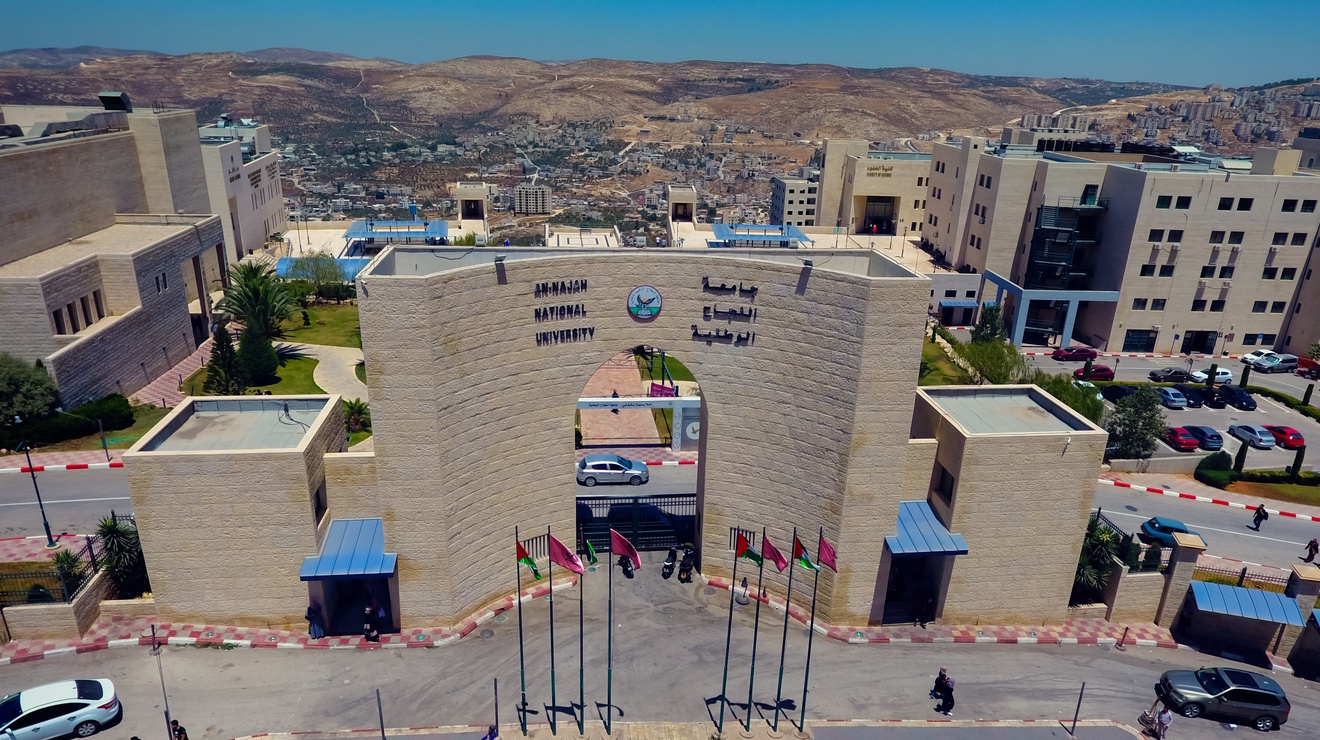An-Najah Researchers Unveil Groundbreaking Insights into the Impact of Spiritual Well-Being on Cancer Patients' Quality of Life in Palestine

A distinguished team of researchers from An-Najah National University, led by Dr. Mohamad Jetan from the Faculty of Sharia, along with Mr. Aiman Daifallah, Ms. Maha Khalid Rabayaa, Mr. Ahmed Nouri, Dr. Nihad Al-Othaman from the Faculty of Medicine and Health Sciences, and Ms. Rana Qadri from the Faculty of Humanities and Educational Sciences, in collaboration with Dr. Mahmoud Nassorah from Al-Watani Hospital in Palestine, has published a groundbreaking study titled "The Impact of Spiritual Well-Being on the Quality of Life of Cancer Patients: A Cross-Sectional Study" in the prestigious Integrative Cancer Therapies (ICT) journal.
Published in a Scopus-indexed journal with an impact factor of 2.9, and holding a Q1 ranking in Complementary and Alternative Medicine, the study delves into the intricate relationship between spirituality and the quality of life experienced by cancer patients. By examining various clinical factors and personal attributes, the research sheds light on how spiritual well-being, encompassing religious dimensions, influences the physical, social, emotional, and functional aspects of a cancer patient's life.
The study's findings underscore a positive correlation between the level of spirituality and the overall quality of life for cancer patients. It reveals that individuals with higher spiritual well-being tend to experience enhanced inner peace, greater well-being, and increased life satisfaction. Beyond the confines of traditional clinical care, the research advocates for the integration of spiritual care into healthcare systems to address the multifaceted needs of cancer patients.
Spirituality, defined in the study as a belief system providing meaning, purpose, and direction in life, extends beyond religious practices to encompass organized expressions of spirituality. The study positions spiritual well-being as a pivotal factor contributing to improved health-related quality of life among cancer patients.
The comprehensive findings, now accessible in the Integrative Cancer Therapies journal, emphasize the significance of incorporating spiritual care into the holistic approach to healthcare. The researchers recommend the development of a multidisciplinary strategy to seamlessly integrate spiritual care, ensuring a comprehensive and compassionate response to the needs of cancer patients in Palestine and beyond.
To access the full study, please visit:
https://journals.sagepub.com/doi/full/10.1177/15347354231210841






